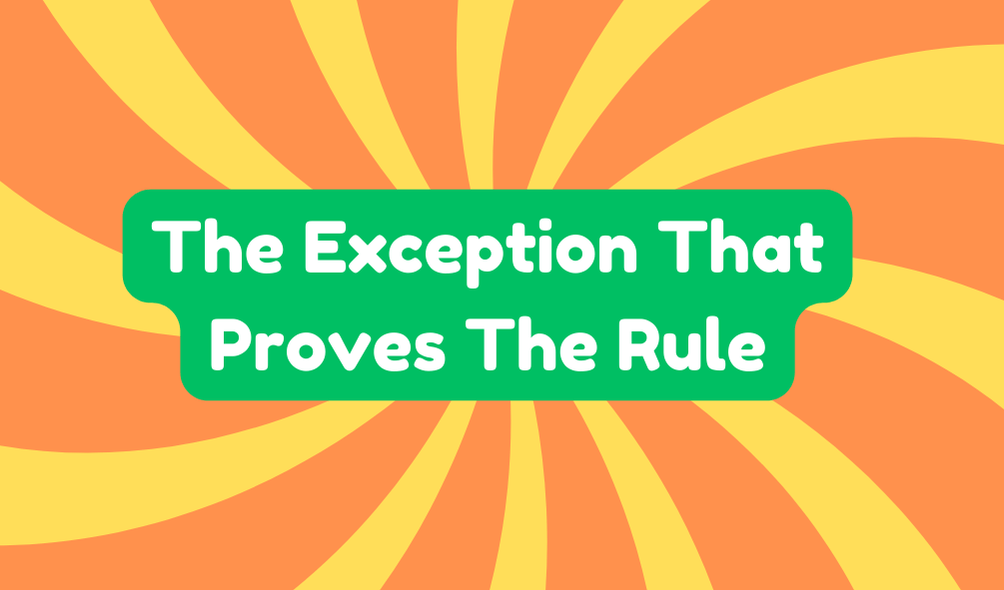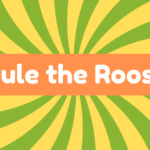The phrase "the exception that proves the rule" suggests that exceptions actually affirm the existence of rules. This common expression often leads to confusion today. Its origins trace back to legal terminology in 17th-century England, emphasizing how exceptions validate regulations. Critics argue that misunderstanding this phrase can undermine its original intent. To grasp its significance properly, one must recognize that exceptions do not negate rules; they offer valuable insights into their application. More exploration reveals deeper meanings.
Synonyms
When exploring synonyms for the phrase "the exception that proves the rule," one encounters a variety of expressions that convey similar ideas regarding rules and exceptions. Several alternative phrases highlight linguistic nuances inherent in this concept:
- "Rule of thumb" suggests a general guideline.
- "Every rule has its exceptions" acknowledges the limitations of rules.
- "Bend the rules" illustrates flexibility in interpretation.
These expressions, while distinct, share a common thread of contending that exceptions can illuminate and reshape the understanding of established norms. Consequently, skepticism should accompany their usage, as clarity in language remains essential for effective communication and comprehension.
Example of Sentences
To illustrate the phrase "the exception that proves the rule," one might consider how it appears in everyday contexts, highlighting both its practicality and frequent misinterpretation. Numerous situations exemplify this:
- The legal context often regards counter-examples that highlight specific limitations of established laws.
- A teacher might note that while most students excel in math, one struggling student underscores the rigorous standards.
- In nature, the flight of most birds juxtaposes with flightless species, prompting inquiries about classification.
Such instances reveal how exceptions exist within broader frameworks, often misunderstanding their relationship to the rules that govern them.
Origin
The origins of the phrase "the exception that proves the rule" can be traced back to legal terminology established in England during the early 17th century. The Latin version, "Exceptio probat regulam in casibus non exceptis," emphasizes its legal significance, suggesting that exceptions validate existing regulations. This historical context is often overlooked in modern interpretations, leading to confusion. Critics argue that such misunderstandings dilute the phrase's original intention. Instead of reinforcing rules, exceptions highlight their boundaries. A more nuanced understanding encourages innovative thinking, prompting individuals to reevaluate how rules function in practice and how exceptions can reshape established narratives.
Collocations
Collocations associated with the phrase "the exception that proves the rule" often reveal insights into its usage and implications in everyday language. Language evolution showcases how this phrase intertwines with common expressions, while its phrase usage remains pivotal. Notable collocations include:
- "Counterexamples highlight"
- "Established principles demand"
- "Caveats reinforce"
These combinations encourage critical examination of the phrase's meaning, prompting stakeholders to reflect on contextual nuances. Understanding these collocations not only clarifies misconceptions but also illustrates how language adapts over time. By unpacking these connections, readers gain a clearer perspective on exceptions and rules in communication.
How to Use in Everyday Language
Using the phrase "the exception that proves the rule" in everyday language often requires a nuanced understanding of its meaning, as many people misuse it. This idiomatic expression is often invoked in discussions but may lead to confusion if the listener interprets it literally. In everyday conversations, it can be effectively used to emphasize the importance of recognizing exceptions within established norms. However, one must tread carefully, conceding that, while exceptions exist, they do not invalidate the rule itself. By mastering such expressions, individuals can enhance their communication skills, making conversations richer and more intellectually engaging.
Why Is It Still Relevant Today?
While many may believe that the phrase "the exception that proves the rule" is outdated, its relevance persists in contemporary discourse. This phrase carries cultural significance, often invoked in discussions about norms and deviations. Its contemporary applications are evident in various fields, from law to social media, where exceptions challenge established beliefs and foster innovation.
| Context | Example |
|---|---|
| Legal Discussions | Exceptions highlighting case precedents |
| Social Norms | Deviations inspiring new cultural movements |
| Technology Trends | Anomalies driving breakthroughs in innovation |
| Education Paradigms | Unique cases sparking critical thinking in classrooms |







